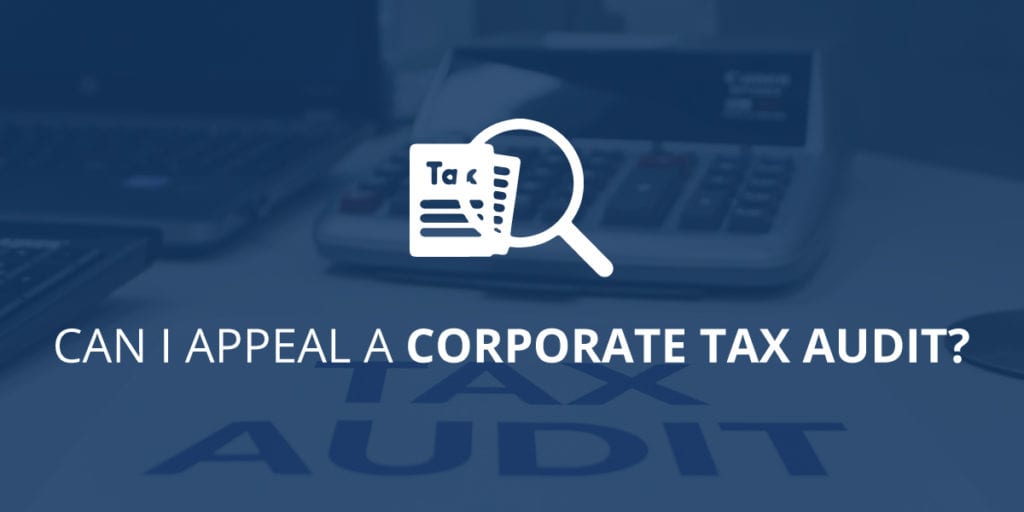
If you have received an unfavorable examination report from the Internal Revenue Service (IRS) following a corporate tax audit, you are not alone. The IRS routinely audits corporate returns, and it is not unusual for corporate tax audits to result in determinations of additional tax liability.
Fortunately, an examination report is not the final word on a corporate taxpayer’s obligation to pay the IRS. If you are dissatisfied and disagree with the auditor’s conclusions, you have the right to file an appeal.
Challenging an Examination Report in the IRS Office of Appeals
Challenging an unfavorable examination report starts with filing a protest with the IRS Office of Appeals. As explained on the IRS’s website:
“The Office of Appeals is an independent organization within the IRS that helps taxpayers resolve their tax disputes through an informal, administrative process. Our mission is to resolve tax controversies fairly and impartially, without litigation. Appeals reviews cases after the IRS has made its decision, offering an objective point of view on each appealed case.”
Upon receiving an examination report, you have 30 days to file a protest. Waiting too long or filing improperly can result in loss of the right to an appeal (in which case you may need to challenge the auditor’s conclusions in Tax Court litigation).
Additionally, filing a protest with the Office of Appeals tolls the obligation to pay the alleged underpayment, and the appeals process can easily take up to a year, if not longer. However, if the Office of Appeals upholds the auditor’s decision, then your company will be required to pay interest (and potentially penalties) accrued during the period of tolling.
While corporate tax audit protests often result in the reduction or elimination of tax liability, the appeals process has one significant potential drawback: Rather than focusing solely on the issues raised in the protest, the Office of Appeals can re-examine the entire and potentially determine that additional tax is owed.
As a result, prior to filing a protest, corporations should work with their tax counsel to assess the merits (and potential oversights) of all aspects of the auditor’s decision. If it appears that the auditor overlooked some issues, then it may be more desirable to go directly to the Tax Court, where new issues cannot be raised. Any underpayments of federal tax will ultimately need to be addressed; however, the appeals process is not necessarily the best forum for doing so.
Grounds to Protest an IRS Corporate Tax Audit
When should you consider appealing an IRS corporate tax audit? Setting specific legal issues aside, there are four primary grounds for filing a protest with the Office of Appeals:
- Misinterpretation of the Law – Corporate taxpayers can successfully appeal IRS tax audits where the auditor, “made an incorrect decision based on a misinterpretation of the law.”
- Misunderstanding of the Facts – In addition to misinterpretations of law, corporate tax audits can also be appealed on the basis that, “the IRS did not properly apply the law due to a misunderstanding of the facts.”
- Inappropriate Collection Action – “If you believe the IRS is taking inappropriate collection action against you, or your offer in compromise was denied and you disagree with that decision,” you have grounds to file a protest with the Office of Appeals.
- Incorrect Facts – If the auditor did not misunderstand the facts but instead relied on facts that are incorrect, then presenting evidence in support of your company’s position may result in a reversal on appeal.
Contact RJS Law | Southern California Tax Law Firm
Our firm represents businesses throughout Southern California in IRS tax audits and appeals as well as Tax Court litigation. If you have questions and would like to speak with an attorney, please call 619-595-1655 or contact us online for a complimentary case evaluation.

Leave a Reply